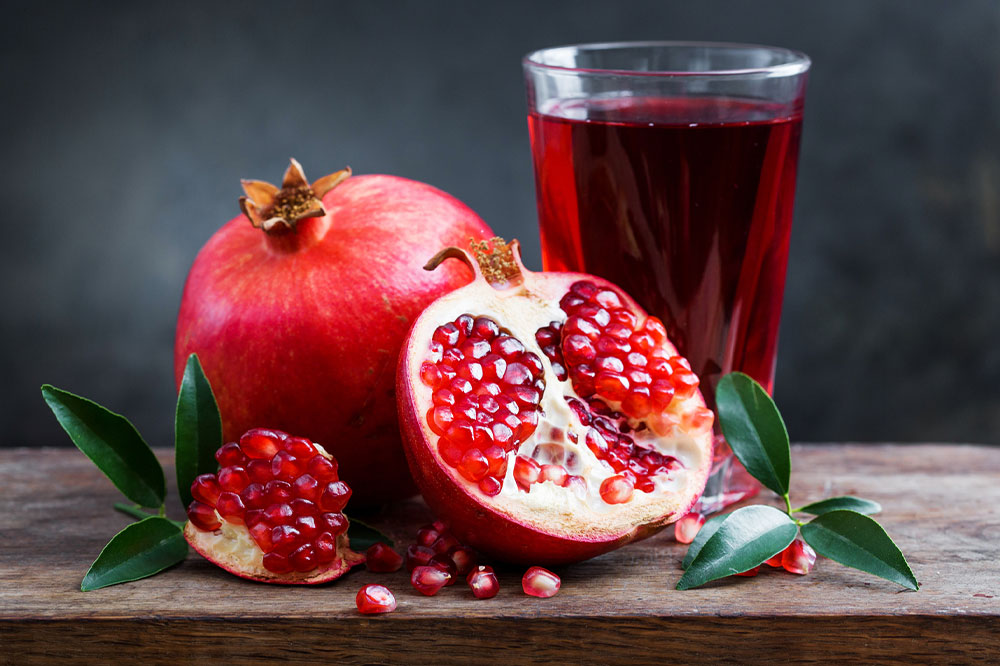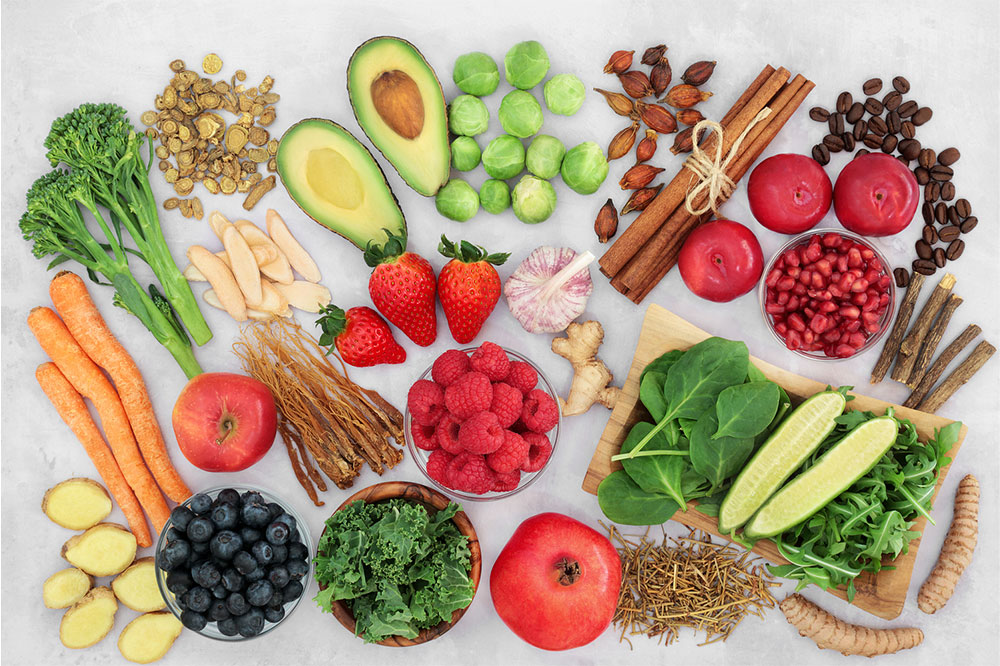Natural Nutritional Approaches to Alleviate Asthma Symptoms
Discover natural nutritional strategies to manage asthma effectively. Incorporate foods rich in vitamins, minerals, and anti-inflammatory properties such as fruits, vegetables, vitamin D sources, and herbs like ginger and turmeric. Proper hydration and dietary adjustments can reduce symptoms and improve respiratory health.

Dietary Choices for Better Asthma Control
Asthma is a chronic respiratory condition characterized by breathing difficulties, wheezing, and chest tightness. While there is no cure, proper medication and lifestyle strategies can help manage symptoms effectively. Nutrition plays a vital role in supporting respiratory health. Specific foods may help lessen the frequency and intensity of asthma attacks. Here are some nutritional options that can aid lung function and support symptom relief.
Fruits and Vegetables
Including fruits and vegetables in your diet provides essential vitamins and minerals needed for healthy lungs. Vitamin A-rich leafy greens, such as kale, spinach, and broccoli, enhance lung performance. Magnesium-packed greens like Swiss chard contribute to better airway function. Beta-carotene in sweet potatoes and carrots offers antioxidant properties that protect lung tissue. Fruits like apples and oranges high in vitamins C and E can decrease inflammation, while bananas provide potassium and antioxidants to reduce wheezing.
Foods Rich in Vitamin D
Vitamin D plays a key role in lowering asthma risk, especially among children aged six to fifteen. While exposure to sunlight is beneficial, foods such as salmon, eggs, fortified milk, and orange juice are excellent sources. Fortified cereals and bread can also boost vitamin D intake, supporting immune system health and reducing flare-ups. Salmon additionally supplies omega-3 fatty acids that help decrease airway inflammation and improve breathing quality.
Herbal Spices
Ginger has strong anti-inflammatory effects that can alleviate airway swelling. Consuming fresh ginger in meals or preparing ginger-infused tea with honey may relax respiratory muscles. Garlic helps reduce lung congestion and airway inflammation, while turmeric, containing curcumin, offers additional anti-inflammatory benefits that may help control asthma symptoms.
Besides dietary measures, staying well-hydrated is essential. Drinking plenty of water helps thin mucus, ease congestion, and maintain optimal lung function.


